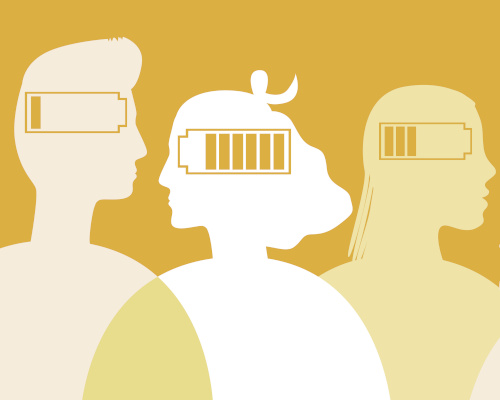
Many teachers are embracing the return to a standard classroom setting. Naturally, some are worried about how much stress will come with trying to get students settled into in-person classes again.
Educators must receive ample support for mental and emotional well-being, as the strain of returning to normal will likely impact their mental strength and emotional wellness. Classroom tech can help relieve some of the stress educators carry and help them successfully navigate mental health challenges.
Video Conferencing
Most teachers are overworked and underpaid. There’s also a lack of support and resources to help them thrive, particularly for mental health. As a result, teachers are burnt out and struggling with various mental health challenges due to job demands. In turn, this impacts how productive they can be in the classroom.
Positive resources are critical in mitigating teacher burnout and diminished mental health. Classroom technology resources, like video conferencing tools, are one of those positive resources.
Video conferencing allows teachers to embrace flexible schedules that support a healthy work-life balance. For example, they can continue a hybrid schedule with students that consists of in-person and virtual classes. It’s also easier to fit in a remote therapy or counseling session during lunch or after school with video conferencing tools.
An Educator’s Own Device
It’s normal for schools to provide teachers with the tech devices they’ll be using throughout the year. However, there’s another option, and that’s bringing a personal device to work.
Trying to learn a new, school-provided device can be extremely frustrating, especially if they aren’t tech-savvy. In addition, continual frustration can negatively impact mental health and how they interact with students.
On the other hand, when teachers can bring their own devices to work, it eliminates the learning curve for school-provided technology. The ability to bring a personal device to work enables them to navigate lessons more confidently and engage with students.
Ask about your school’s BYOD policy. If you find out that your school doesn’t allow you to bring your own device to work, make a case to school officials about why it’s a good idea to create one.
Gaming Consoles
Although many people view gaming as primarily harmful to mental health, it can actually stimulate the mind and boost your mood. Playing video games can also contribute to better cognitive function.
Related:
Chicago students can take up to 5 mental health days
How a higher-ed partnership transformed student mental health services at our school

